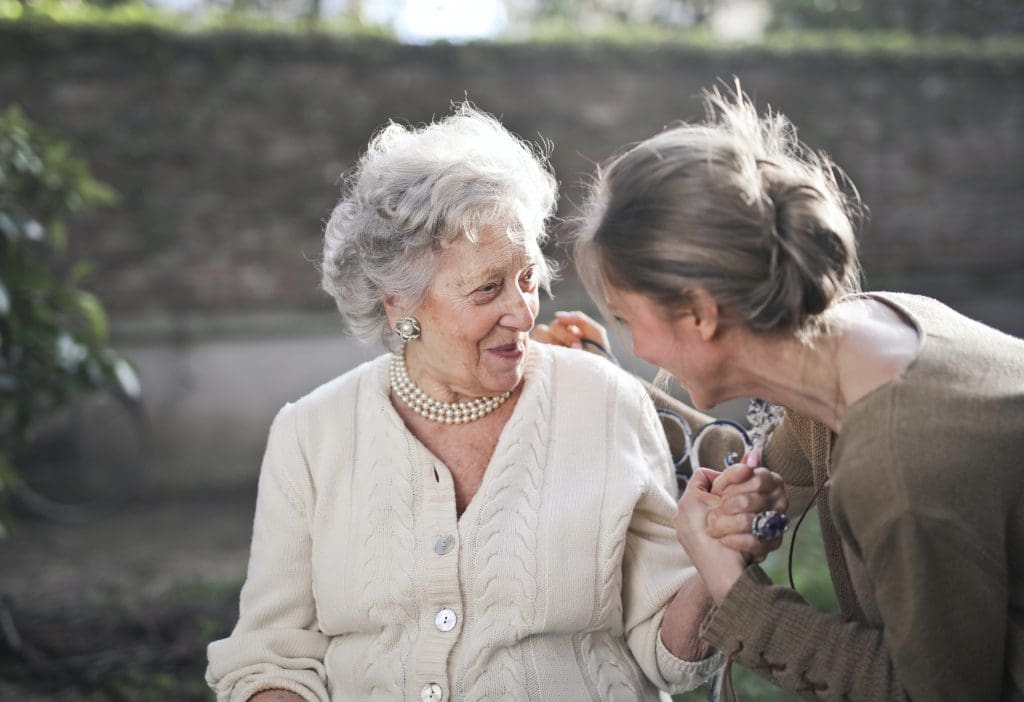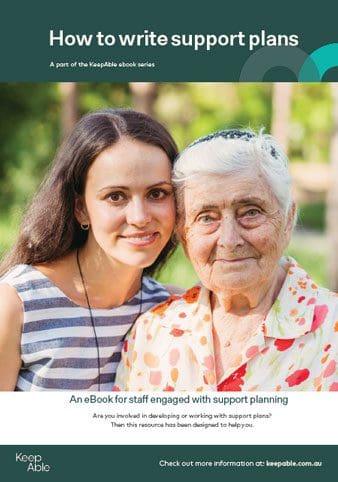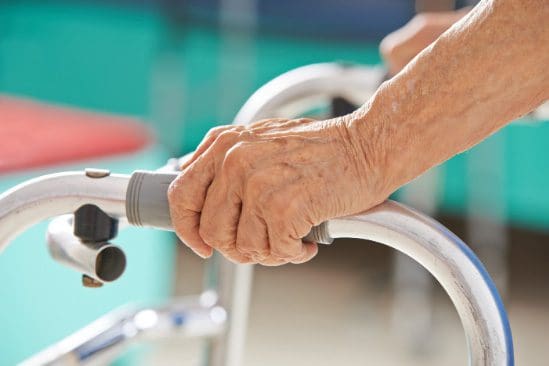Royal Commission into Aged Care Quality and Safety
What does the Royal Commission March 2021 report say about the reform of Wellness and Reablement support?
Scroll down for more information.


You will be aware of the release of the final report by the Royal Commission into Aged Care Quality and Safety on 1 March 2021.
The release of the report signals the start of a critically important reform journey for the aged care system. The commission findings are both compelling and confronting, with 148 recommendations and a strong agreement on the need for system-wide transformation.


Are you curious about what the Royal Commission has said about wellness and reablement?
Were you aware that they state there is a need to:
- move away from predominantly task- based care delivery to supports that
- actively enable and maximise a person’s capacity and health
The report discusses the need to support people to age well. And how, while the experience of ageing is different for everyone, (with some people staying fit and healthy well into their 80s, while others may experience cognitive decline or frailty well before then), their experience is influenced as much by social expectations as by the biological process of ageing.
According to the report there is much that can be done to help people live a more active, healthy and engaged lifestyle as they age. For example by:
- better understanding the ageing process,
- supporting people to adopt a healthy approach to ageing throughout life,
- and adapt to specific changes.
And when people need support from an aged care system providers need to place them at the centre and focus on providing support that prevents and delays any impairment of that individual’s capacity to live independently.


Below are some extracts from the report outlining Commissioner Briggs considerations that directly relate to Wellness and Reablement.
Providers have demonstrated little curiosity or ambition for care improvement and have not prioritised enablement and allied health care.
Aged care services are not generally geared towards a person’s enablement and do not maximise the maintenance and improvements of people’s health.
Deficits in care planning reduce the ability of care staff to deliver appropriate care. We have heard that some care plans may prioritise funding considerations over care, that they may be insufficiently detailed and rarely updated, and they may not be adhered to.
The dominant models of care delivery in aged care are task-based and focused on standardised processes. The task-based approach reflects a misplaced belief that care is adequate so long as a person’s medical and physical needs are met.
The current system does not sufficiently recognise the importance of proactively supporting older people’s social and emotional wellbeing.
Attitudes and assumptions about older people and aged care can affect the delivery of aged care. Assumptions about the natural process of ageing may contribute to a lack of attention to prevention and reablement. When it comes to improving health, some conditions, such as back pain or feelings of depression, may be put down to ‘old age’.
Taking Commissioner Briggs considerations into account, how can our KeepAble resources support you? Why not start by reading our information on:
- Why Wellness and Reablement are important in Aged Care (Click this link to read the article)
- Let’s talk Wellness and Reablement (Click this link to read the article) and
- Where are you on Wellness and Reablement delivery? (Click this link to read the article)
Why not take a look at our How to write support plans ebook.
To read our ebook online, click here.
To review and download our ‘How to write Support Plans‘ as a PDF, click here.


What’s next?
We know that Australia’s population isn’t getting any younger and projections in the report suggest that the number of Australians over the age of 85 will grow from 2.0% of the population in 2018 – 2019 to 3.7% in 2058. That’s an extra 1 million people in this age bracket.
The Aged Care Royal Commission has highlighted that the current aged care system does not sufficiently meet the needs of older Australians seeking support.
Within the context of Wellness and Reablement there is a need for fundamental reform to:
- address both the present and future needs of older Australian’s
- improve the care experiences of older Australians and
- for providers to transform their services in line with the themes emerging from the final report of which:
- building the capacity of older people,
- preventing and delaying any decline in capacity and
- optimising a person’s capacity to live independently is fundamental.
